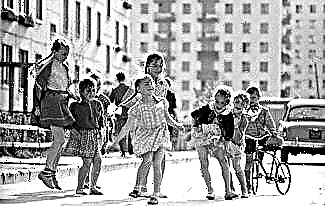What are antonyms? This word is familiar to almost everyone from school. However, due to various circumstances, many people forget the meaning of this concept or confuse it with other parts of speech.
In this article, we will tell you what antonyms mean with a few examples.

What do antonyms mean
Antonyms are words of one part of speech that have opposite lexical meanings, for example: "good" - "bad", "fast" - "slow", "rejoice" - "angry".
It is worth noting that antonyms are possible only for those words, the meanings of which contain opposite qualitative shades, but which are united by a common feature (size, quality, season, etc.). An interesting fact is that proper names, pronouns and numerals do not have antonyms.
Antonyms act as the opposite of synonyms - different words that have the same meaning: "way" - "road", "sadness" - "sorrow", "courage" - "courage".
Depending on the signs, antonyms are of different types:
- multi-root (low - high, old - new);
- single-root, formed by attaching the opposite prefix (exit - entrance, carry - bring, hero - antihero, developed - underdeveloped);
- signs of an object (heavy - light, narrow - wide).
- social and natural phenomena (heat - cold, kindness - anger).
- actions and state of a person, an object (to destroy - create, love - hate).
There are also other types of antonyms:
- temporary (at the end - at the beginning, now - later);
- spatial (right - left, here - there);
- high-quality (generous - stingy, cheerful - sad);
- quantitative (minimum - maximum, surplus - deficit).









